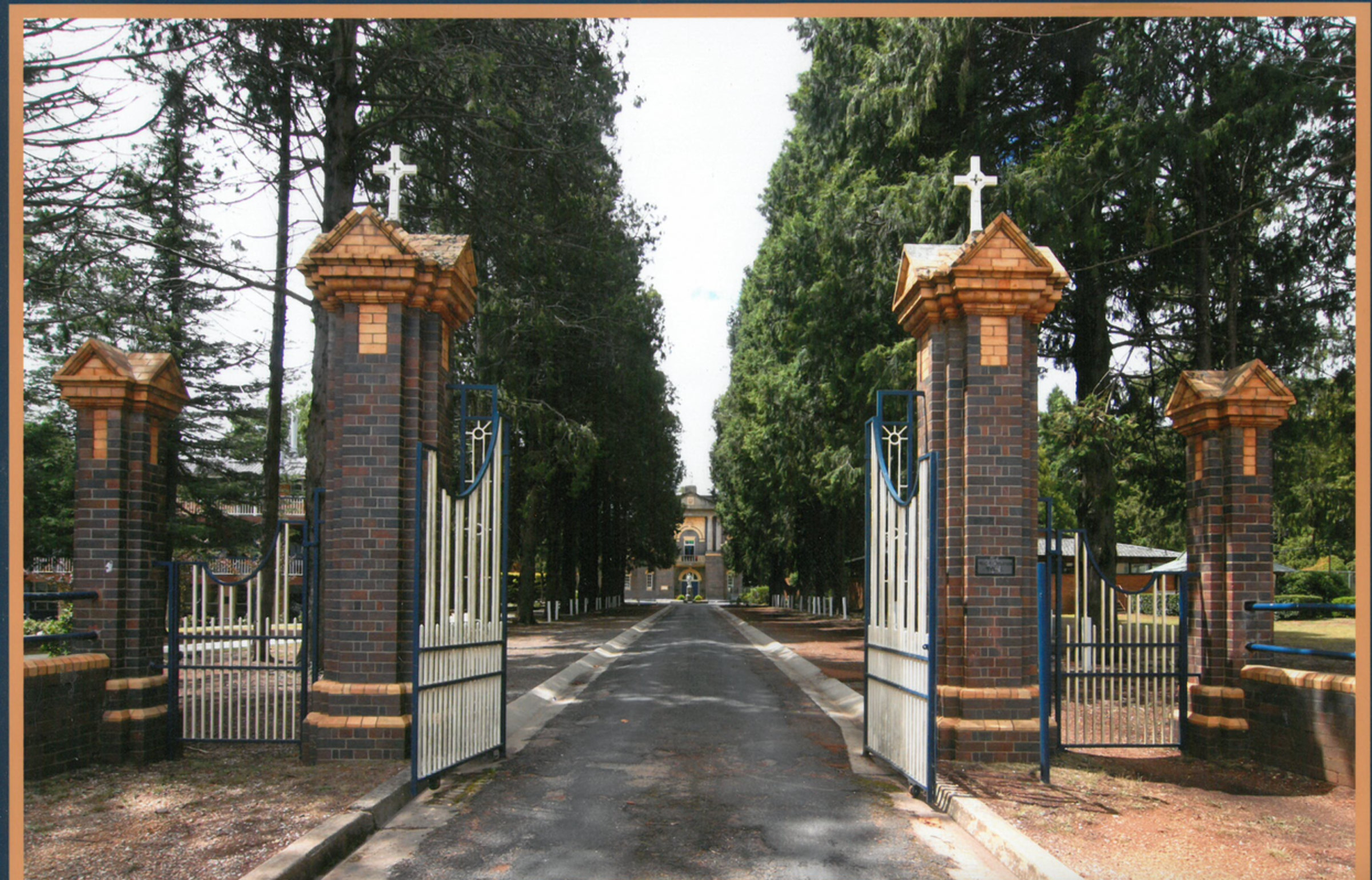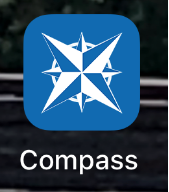Principal's Report

Dear Parents and Carers
Welcome to Term 2, I hope that you had a happy and Holy Easter and look forward to working with you again this term.
The Pastoral Academic Care focus for last week was Connecting with Teachers. One of the biggest predictors of learning growth in students and success at school is the strength of the relationship between students and their teachers. Developing positive partnerships between students, teachers and parents is vital for success and I encourage you to read the Parent Pastoral Academic Care Section of this newsletter.
The school visits allowed me to see spaces that are working and spaces that are not and look at ways we could take the good and use it at O’Connor. The visits also affirmed our learning agenda and the path we have taken over the last few years to know and grow every student. From what I saw, it makes me proud of how our community has adopted the dispositions of collaboration and problem solving in buildings that are designed for a more industrialised approach to education. Our teachers have taken on the challenge of adapting our learning environments to our 21st century learners with focus and vision. Our teachers use of the learning spaces and agile furniture to move from direct instruction to collaboration to problem solving and everything in between is outstanding. We are building a community who can articulate what we do and why we do it.
NAPLAN
NAPLAN provides schools with diagnostic data to identify the areas of strength and weakness at both an individual student level and school level. At O’Connor, we use this data to help students achieve learning growth.
Students in Year 7 and 9 will undertake NAPLAN shortly. At O’Connor we complete NAPLAN online and a timetable is set out below for your reference. It will be emphasised to students to try their best but not to get stressed about the tests.
| NAPLAN TIMETABLE |
| Tuesday 14th May Year 7 and 9 Writing |
| Wednesday 15th May Writing Catch up Year 9 Reading |
| Thursday 16th May Year 7 Reading |
| Monday 20th May Year 7 and 9 Language Conventions |
| Tuesday 21st May Year 9 Numeracy |
| Wednesday 22nd May Year 7 Numeracy |
| Thursday 23rd May Catch-up |
Reporting
In Term 2 every student will receive an academic report. Senior students will receive their report early this term. There will be Student/Parent/Teacher Conferences held for both Year 11 and 12 for students, along with their parents, to engage in learning conversations with their teachers to move their learning forward.
Years 7 to 10 will receive their reports at the end of this term. With the move to Compass, we have made changes to the layout of our junior reports. The new reports will provide both students and parents with more meaningful information about the learning that has happened and areas of focus to move their learning forward. We are also trialling a new way of conferencing with Parents, Students and Teachers. These conferences will be held early Term 3 and students will work with their parents and Pastoral Academic Care teachers to look at strategies to improve their learning growth.
Staffing
In staff news, Mrs Lorna Ahern, Leader of Learning (HSIE) has been successful in gaining the Teaching and Learning Coordinator at PLC. Mrs Ahern will finish at O’Connor on Friday 24th May. I’d like to thank Mrs Ahern for all she has contributed to O’Connor, her knowledge and understanding of the HSIE syllabuses has been outstanding and her vision for HSIE has made a difference to both student and teaching learning. We are currently advertising for a replacement for Mrs Ahern.
Compass
Have you downloaded the Compass App? We will be using Compass for notifications and stop using skoolbag as our understanding of compass increases. If you need help with Compass or have lost log in details etc please contact the front office staff for assistance.
What new learning will you undertake this week?
Thank you
Regina Menz
Catholic Education Funding
With the upcoming Federal Election, please see some information provided by National Catholic Education Commission (source https://ncec.schoolzineplus.com/newsletter/56636/#a1) in relation to Catholic Education funding.
Catholic Education’s election funding and policy objectives
The key issues for Catholic Education at the upcoming federal election are:
increased capital funding
more resources for early childhood education
religious freedom in schools
In 2017, Catholic school communities funded almost 90 per cent of the capital works in their schools – nearly $1.3 billion – while the federal and state governments jointly provided $152.2 million across our 1746 schools. To put this in perspective, the NSW government is spending 10 times this amount - $1.5 billion each year - on capital works in its 2200 schools.
With the rising cost of land, construction and classroom technology, Catholic schools cannot continue to rely on parents and the rest of the school community to shoulder the burden of increased capital costs to the same extent into the future.
The federal government must help to ease the burden on parents if Catholic schools are to meet the needs of future students.
Catholic Education is also increasing its focus on the delivery of early childhood education, a vital component of each child’s development. Catholic schools are well placed to meet this need, with many new preschools being built next to existing and new Catholic primary schools. This will make life easier for families with young children and puts our preschoolers at the heart of our school communities.
Catholic Education will seek a significant increase in dedicated capital and recurrent funding to deliver quality early learning centres for our families.
While school funding arrangements have now largely been settled for the next decade, Catholic Education will seek to clarify details on key elements before polling day, particularly around maintaining the choice of low-fee Catholic schooling for Australian families.
Summary of known education policies
Catholic Education has sought formal responses from the major parties to several questions regarding their education policies. We will share their responses with you early next month.
For now, the parties’ known education commitments are summarised below:
Total spend on all school sectors to 2029 - $308 billion
$200,000 to each federal electorate to spend on local schools ($30.2m)
New online courses and resources to teach mathematics and phonics ($9.5m)
Extend National Partnership on Universal Access to Early Childhood Education to ensure every child can have 600 hours of quality preschool in the year before school ($449.5m)
Improve preschool data and participation rates among disadvantaged communities ($4.9m)
Enhance Child Care Subsidy System (CCSS) and the Inclusion Support Portal ($4m)
Develop social and emotional support materials for students through Life Education Australia ($5m)
Total spend on all school sectors to 2029 - $322 billion
Ensuring public schools are funded to 100% of their SRS (included above)
Ensuring 15 hours of preschool for every three and four year old in the two years before they start school
Establish an Evidence Institute for Schools ($280m)
Tax-free bursaries for high achieving teaching students ($45m)
Restore Highly Accomplished and Lead Teacher program
Rebuilding TAFE, waiving upfront fees for 100,000 students and other initiatives ($1.73b)




